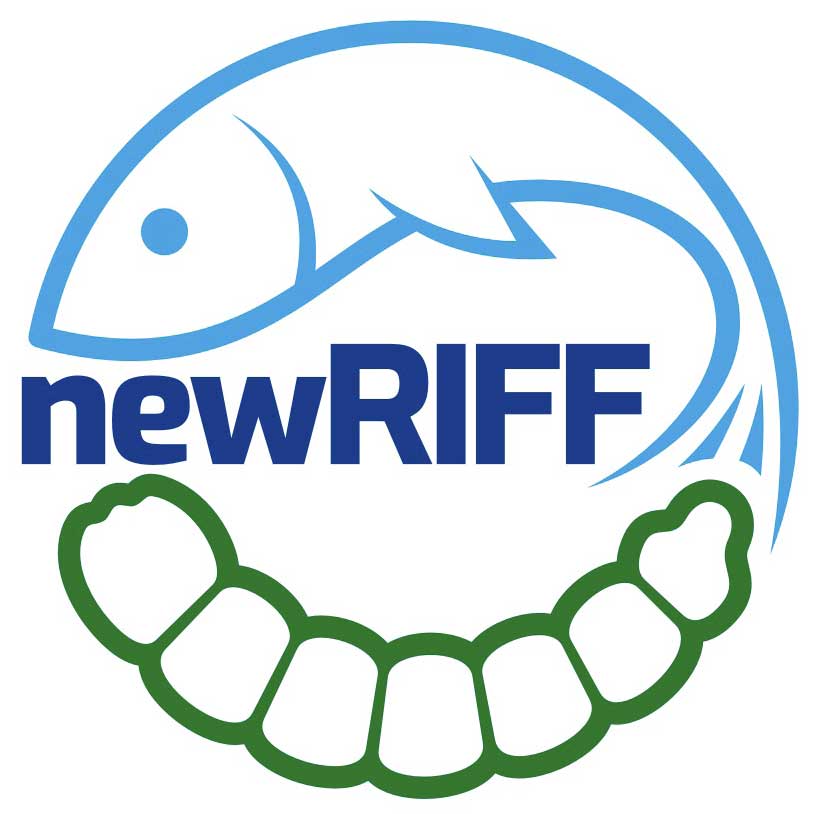Project description
The consumption of meat and fish is growing. Current farming systems are unsustainable in particular as regards the protein content of the diet. The consumption of fish oil and fish meal is also responsible for serious environmental problems (deforestation, overfishing) and economic concerns as the price of these commodities is constantly rising. At the same time, food production generates considerable volumes of organic matrices, both in agriculture and agro-industry, whose management is problematic and expensive or whose exploitation is sub-optimal. Through insects these vegetable matrices can be exploited to produce alternative protein sources for the farming of monogastric animals, as trout, reducing the impact on the environment.

newRIFF’s main objective is to test, from a technical, economic, environmental and social point of view, the possibility of replacing the traditionally protein sources used of trout with alternative proteins derived from two species of insects bred on locally available organic waste matrices.
The specific objectives are to assess:
- the growth and optimal breeding conditions of two species of insects considering different mixes of organic matrices in order to produce insect meal to be used as a substitute for fishmeal in trout farming;
- the performance of fish fed with insect meal in terms of food safety of the product (e.g. antibiotics and heavy metals) and nutritional and sensory characteristics;
- – the sustainability of the entire supply chain compared to the conventional one;
- – support policy development to foster the adoption of insect meal as an alternative protein source.

The identification of the best substrates and optimal growth conditions of two insects (Hermetia illucens and Tenebrio Molitor) will be carried out in order to produce insect meal (WP1) to be used in trout breeding tests (WP2) considering different levels of fish meal replacement in the diet. Hygiene, safety and characteristics of feed and food products will be analyzed in the laboratory (WP3). The sustainability assessment will be conducted with the Life Cycle Analysis (WP4) approach. In detail the environmental performances will be quantified with the Life Cycle Assessment (LCA), those economic with the Life Cycle Cost and those social with the Social LCA. While through Choice Experiment and ad hoc questionnaires will be studied the availability to spend of the consumer and the acceptance of innovative food products. At the same time a market analysis will be performed and the results of the different WP will be used to support policy development.
The objectives of the newRIFF project are:
- Exploit locally available substrates in the best way in order to identify the optimal mix for farming the two insect species (Hermetia illucens and Tenebrio Molitor),
- Replace some of the fishmeal used in trout farming with insect meal,
- Assessing the production performance of trout, the physical and chemical characteristics and the safety of protein sources and the fish produced,
- Analyse the environmental, economic and social benefits of the proposed solution,
- Assessing consumer readiness to purchase and accept animal products fed with insect meal,
- Support the development of policies that encourage the adoption of this protein source by eliminating regulatory limitations that are not rational.

